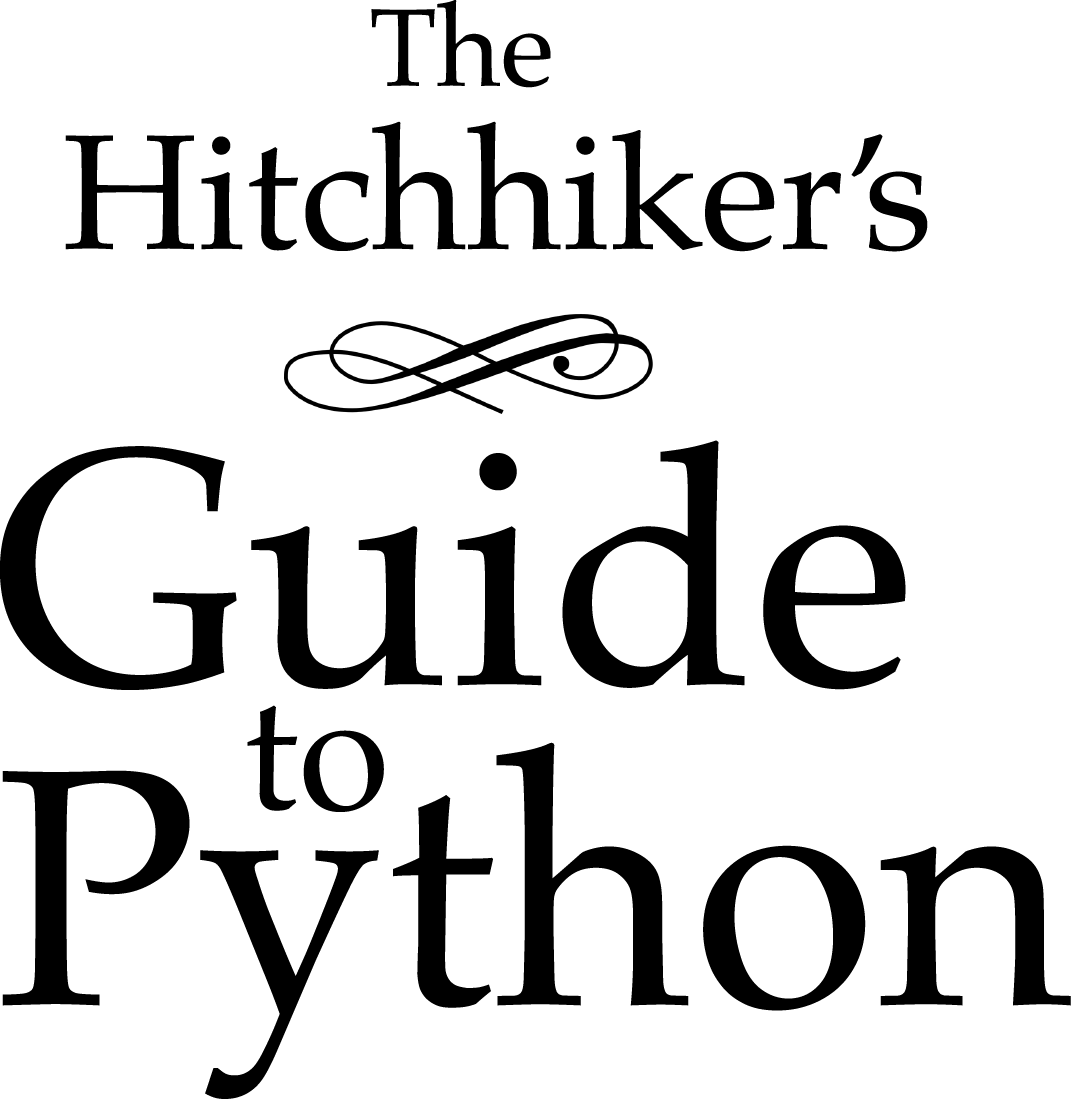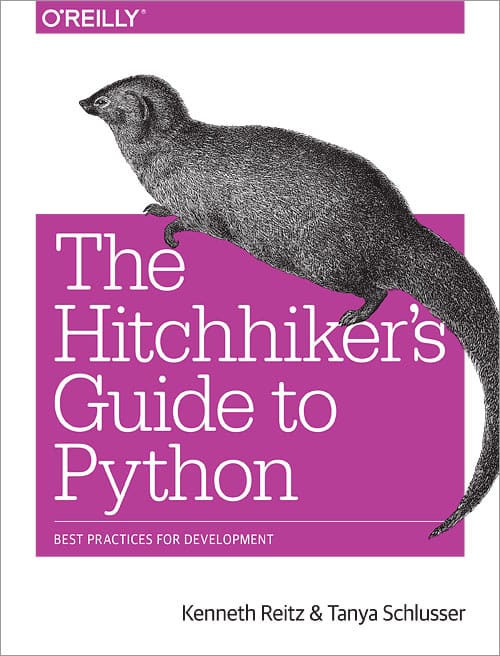Properly Installing Python¶

There’s a good chance that you already have Python on your operating system.
If so, you do not need to install or configure anything else to use Python. Having said that, I would strongly recommend that you install the tools and libraries described in the guides below before you start building Python applications for real-world use. In particular, you should always install Setuptools, Pip, and Virtualenv — they make it much easier for you to use other third-party Python libraries.
Note
The use of Python 3 is highly preferred over Python 2. Consider upgrading your applications and infrastructure if you find yourself still using Python 2 in production today. If you are using Python 3, congratulations — you are indeed a person of excellent taste. —Kenneth Reitz

